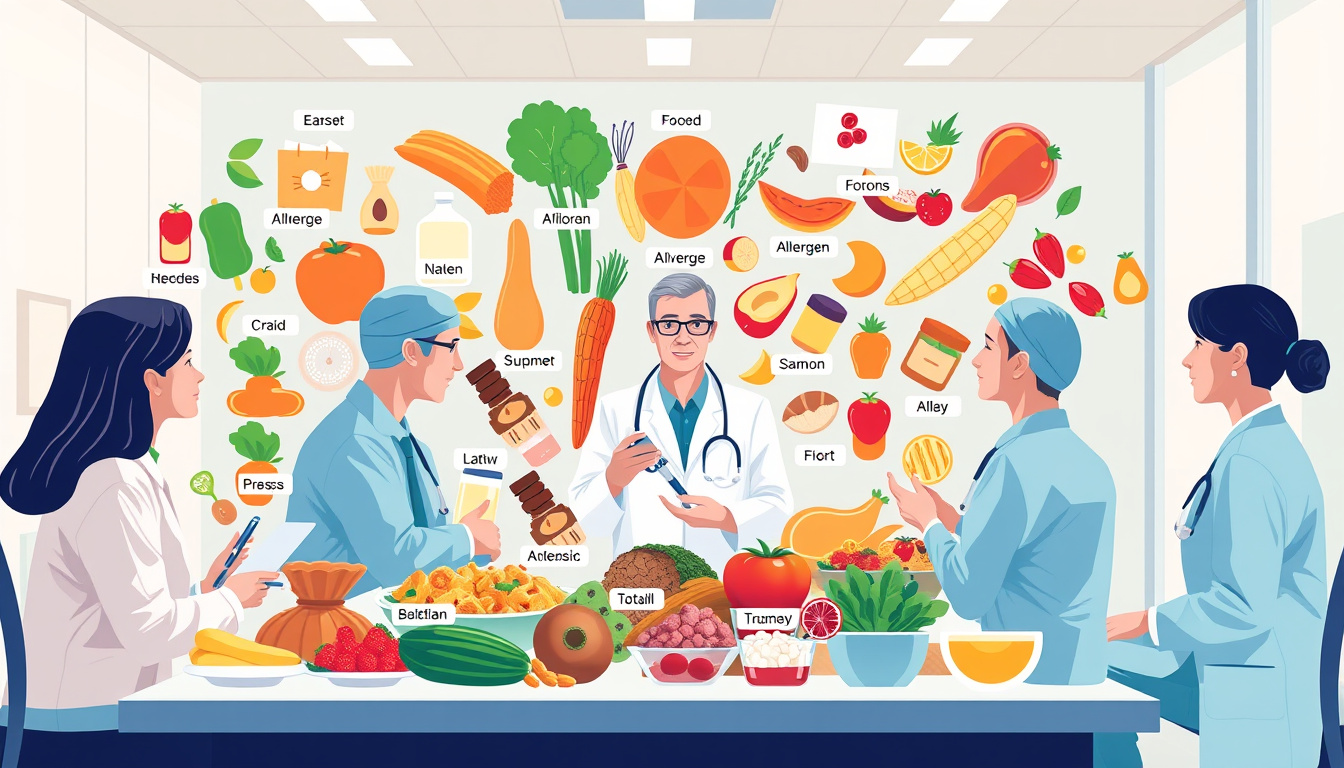
In today's digital age, we see symptom checker apps help people check their health symptoms. These apps give quick ideas about possible diagnoses and care needs. Yet, general practitioners (GPs) keep an important role. Christine Preiser, a postdoctoral researcher at Tuebingen University Hospital, led a qualitative study. Her study shows what GPs think of these apps and how they fit in German healthcare.
Understanding Symptom Checker Apps
Symptom checker apps let users enter their symptoms. The apps then offer basic suggestions for a diagnosis or the next step. They are built to help patients, especially when they cannot see a doctor quickly. Still, their use in the current healthcare system brings up important questions. Experts ask if these apps work well and if they give reliable advice.
Research Focus and Methodology
Preiser and her team wanted to learn how symptom checker apps affect GPs' work. GPs are the first doctors that patients see in Germany. Their views help us learn both the benefits and the problems with these digital tools. The researchers talked in depth with eight GPs across Germany. They captured clear, first-hand opinions.
Key Findings and Insights
The study found that only one of the interviewed GPs knew about symptom checker apps. This fact stands out because many GPs are open to digital tools. There is a clear gap between the creation of these apps and their use in real clinics. GPs still prefer the traditional methods of checking symptoms. They rely on detailed patient history and ongoing conversations during visits. For them, a diagnosis is an art of sense-making. They feel technology cannot fully replace the human touch in understanding illness.
A Techno-Pragmatic Perspective
The study also shows that GPs hold a balanced view. Instead of seeing technology as all good (techno-utopianism) or all bad (techno-dystopianism), they are techno-pragmatic. They see the apps as useful for early self-checks but not for full diagnoses. In their view, symptom checker apps promise help in the future, but they are not a complete solution for German healthcare today.
Conclusion
This study shows that GPs approach symptom checker apps with caution. The apps can boost patient involvement and help with early health checks. Still, the study data underline that human judgment is very important in diagnosis. As healthcare moves into the digital era, it is vital to learn from those who work with patients every day. Balancing technology with human care will help advance patient care and keep empathy in the process.
contact us @mindfulaimedia@gmail.com

No comments:
Post a Comment